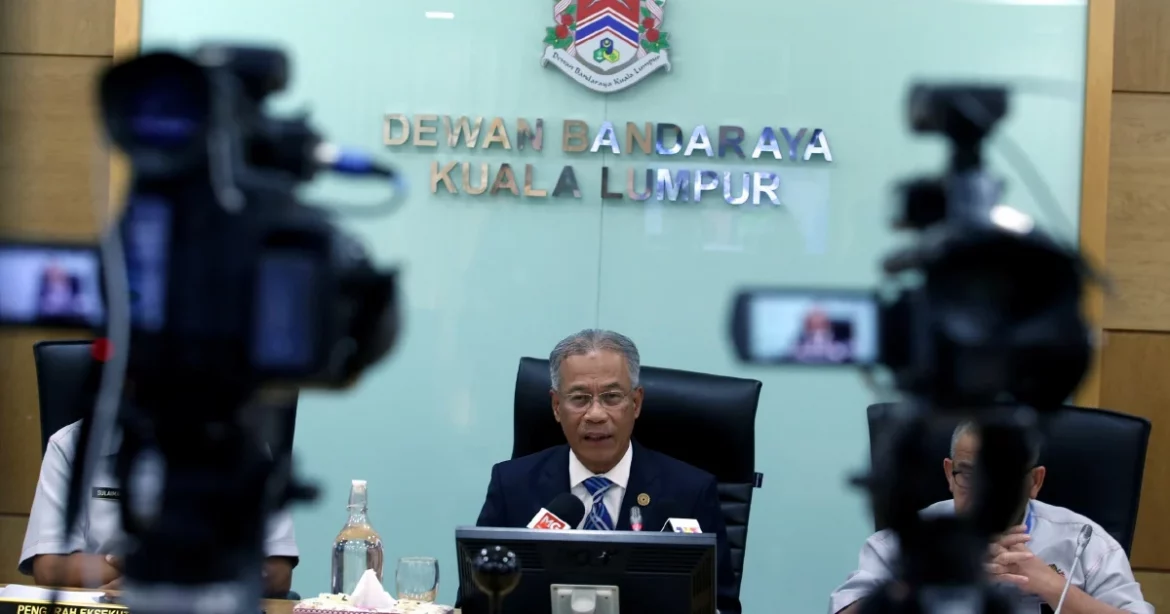For the first time, Kuala Lumpur City Hall will include a climate change fund in its 2023 budget, which will fund activities to combat the effects of climate change.
In his response, Datuk Seri Mahadi Che Ngah, the 13th Mayor of Kuala Lumpur saidIn b that RM7 million had been set aside for this reason, adding that this demonstrated City Hall’s commitment to addressing the effects of climate change.
“I had a special meeting with the Energy Commission yesterday and learned that many countries have taken the same initiative to deal with climate change,” he said. “I was also made to understand that investors, particularly those from European countries who come to the region to invest, would seek out buildings in the city that are “green certified,” he told a press conference today.
Read also: Texas ag agency says climate change affects state’s food supply
According to Mahadi, City Hall’s 2023 Budget included RM2 million in operational allocations and RM5 million in development allocations for the climate change fund.
He explained that the funding would be utilized to conduct a feasibility study on the proposed district cooling facility in Kuala Lumpur.
“We are considering setting up a district cooling facility in the city to reduce the impact of climate change, especially as it reduces the carbon emissions of buildings,” he said. “The idea has been used in new townships like Putrajaya and Cyberjaya, where a centrally located cooling facility will blast chilled air to buildings around it.
He further explained that this is in contrast to the traditional method that involves buildings individually producing it, which consumes a lot of electricity.
Meanwhile, in the 2023 Budget, themed “Sustainable City, Prosperous Together,” City Hall has budgeted RM2.604 billion (Bandar Raya Mampan, Sejahtera Bersama). The budget prioritizes the needs and well-being of the city’s citizens.
According to Mahadi, RM1.96 billion, or 75.3 per cent of the budget, will be allocated for City Hall operational expenses, with the remaining RM643.7 million (24.7 per cent) for development reasons.
The operating costs are divided into five major components: services and supplies (RM1.277 billion; 65.2%); salary, wages, and employee benefits (RM497.7 million; 25.4%); giveaways and fixed payments (RM99.2 million; 5%); overtime payments (RM64.6 million; 3.3%); and other expenditures (RM21.7 million; 1.1 per cent).
Story was adapted from New strait Times.
